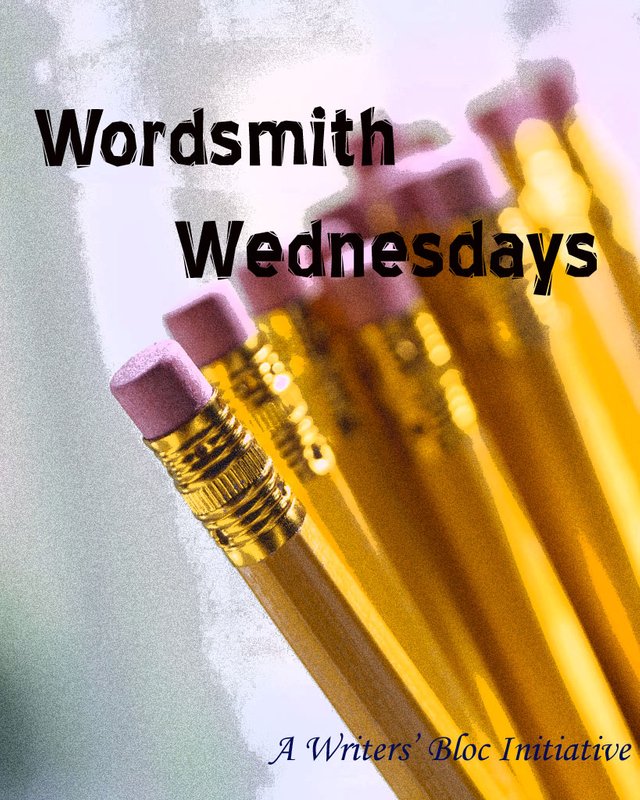
Take me to your leader, Earthling’
This might sound like a line out of a cheesy Ed Wood sci-fi B movie.
But did you know that that the word ‘Earthling’ is originally Anglo-Saxon and meant something completely different from what it does today?
Yep, it’s that time of the week again! # WordsmithWednesday
Back to ‘Earthling’...
Apparently, the Anglo-Saxons used the suffix ‘-ing’ or ‘-ling’ to mean ‘of’ or ‘from the’, and so ‘Earthling’ simply meant a ploughman i.e. someone who worked the earth.
Incidentally, they also used these same suffixes for place names which they attached to the name of different tribes or important families. Hence; Hastings, Reading etc.
Furthermore, they would sometimes also add an additional suffix ‘-ton’ to denote a fenced off area to make ‘-ington’. The ‘-ton’ is where we get the word ‘Town’ and the ‘-ington’ how we got places such as Donnington (and eventually Washington!).
While we’re on the subject, I should mention that the suffix ‘-ford’ related to places you could cross a river e.g. Guildford or Oxford, and the suffix ‘-ham’ meant homestead e.g. Nottingham.
Finally, the suffix ‘-worth’ meant ‘enclosure’ which explains villages like Hinxworth.
This is very interesting, I love learning the origin of words. I live in place with a -bury suffix. It refers to a fort or fortified place. Maybe that is why I feel strengthened and invigorated in my home!
Downvoting a post can decrease pending rewards and make it less visible. Common reasons:
Submit